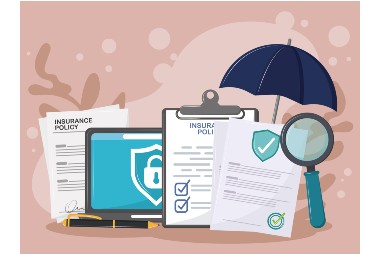Running a small business is always a balancing act—managing cash flow, keeping customers happy, staying…
Key Person Insurance – Protection for your Business

Fiducian Financial Services offers key person insurance policies as part of their business planning services and can provide advice on necessary insurance for businesses, including protection for key personnel. Their financial advisers help clients address risks such as business continuance, key person insurance, and other insurance needs as part of comprehensive business financial planning.
How do Fiducian help with key person insurance
Business Planning Services:
Fiducian’s financial planning services for businesses include advice on various types of insurance, such as key person insurance.
Risk Assessment:
A Fiducian financial adviser can help identify key individuals in a business whose loss would have a significant financial impact and assess the potential consequences.
Tailored Advice:
They can provide tailored advice and help you understand how to implement key person insurance to protect your business against revenue loss, replacement costs, and other financial hardships.
Integration with Other Services:
Fiducian offers a range of related services, including superannuation for employees, business structuring advice, and retirement planning, allowing them to provide holistic financial guidance.
Contact one of our Fiducian Financial Advisers if you require business planning services.
Source: fiducian.com.au
Lindale Insurances Pty Ltd ATF Lindale Insurances Trust ABN 27 027 421 832 is a Franchisee of Fiducian Financial Services Pty Ltd, Level 4, 1 York Street, Sydney NSW 2000. AFSL 231103 ABN 46 094 765 134.
The information (including taxation) provided on this website is general in nature and does not consider your individual circumstances or needs. Do not act until you seek professional advice and consider a Product Disclosure Statement.




Comments (0)